Tag: state houses
-
One-third of Virginia House incumbents are not running for re-election
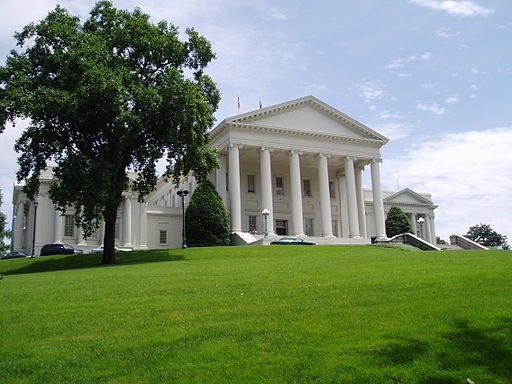
One-third of the incumbents in Virginia’s House of Delegates are not running for re-election in 2023, the most in the chamber in more than a decade. Virginia’s statewide primaries are on June 20, including for all 100 districts in the House. Further, just six incumbents in the 100-member House face primary challengers compared to 11…
-
Texas Legislature proposes parental rights amendments
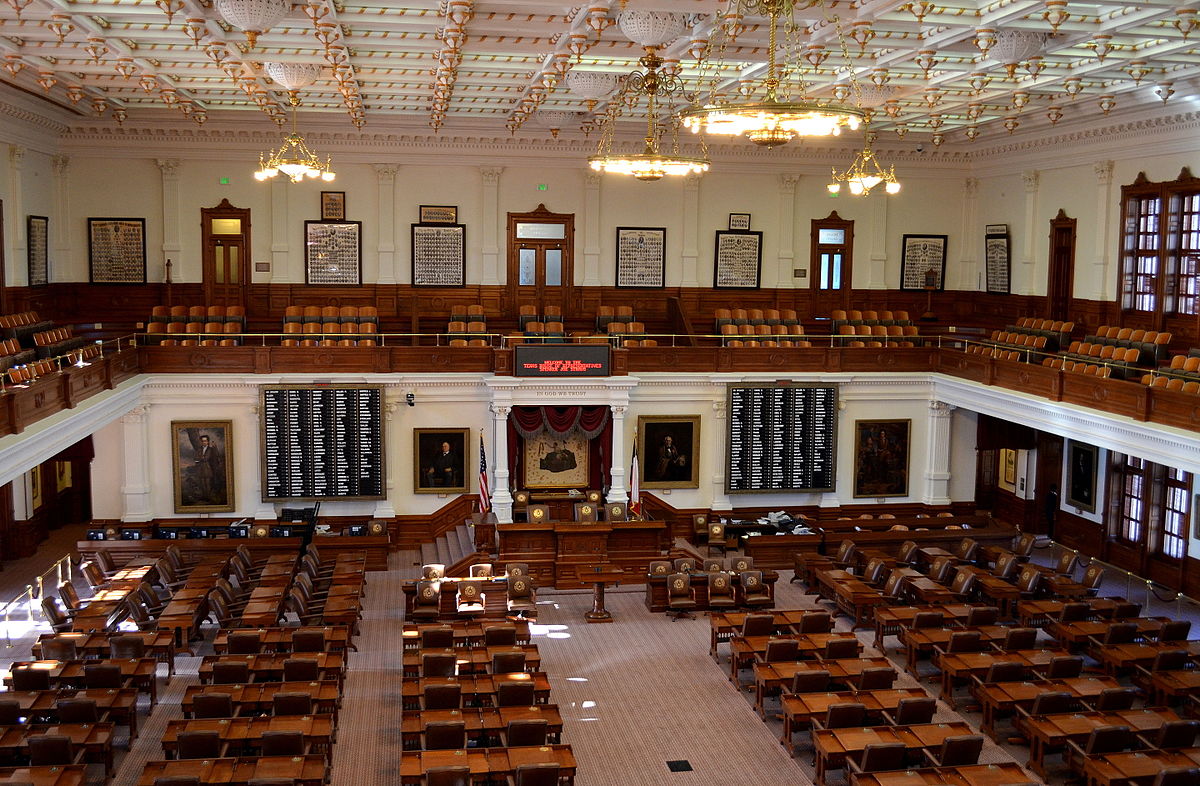
The Texas State Senate passed two constitutional amendments related to parental rights. They are now pending before the House. If approved by the House, they would appear on the ballot for Nov. 7, 2023. Senate Joint Resolution 29 would provide a state constitutional right for parents or legal guardians to direct their children’s education, including choosing…
-
Pennsylvania to hold special elections to determine control of state House

Pennsylvania will hold special elections to fill vacancies in House Districts 108 and 163 on May 16, 2023. Democrats currently have a 101-100 majority, and the results of these elections will determine majority control of the chamber. If Democrats win one special election, they will keep their majority in the chamber. Republicans would win the…
-
Democrats will have one-vote majority in Pennsylvania House of Representatives after state legislator resigns

Pennsylvania State Rep. Mike Zabel (D) announced on March 8 that he would resign from the legislature on March 16. Earlier this month, three women—State Rep. Abby Major (R), Zabel’s former campaign manager, and a lobbyist—each accused Zabel of sexually harassing them in separate incidents over the past several years. In a series of text…
-
Election legislation roundup: North Carolina House of Representatives

As of March 5, Ballotpedia has tracked 10 election-related bills in the North Carolina House of Representatives since the beginning of the year. Of the 10, Ballotpedia tracked two from Feb. 27-March 5. Democrats sponsored one, while Republicans sponsored the other. The two bills are: NC H152: Even Yr Elections/Maysville & Pollocksville, Rep. Chris Humphrey…
-
Election legislation roundup: New York State Assembly
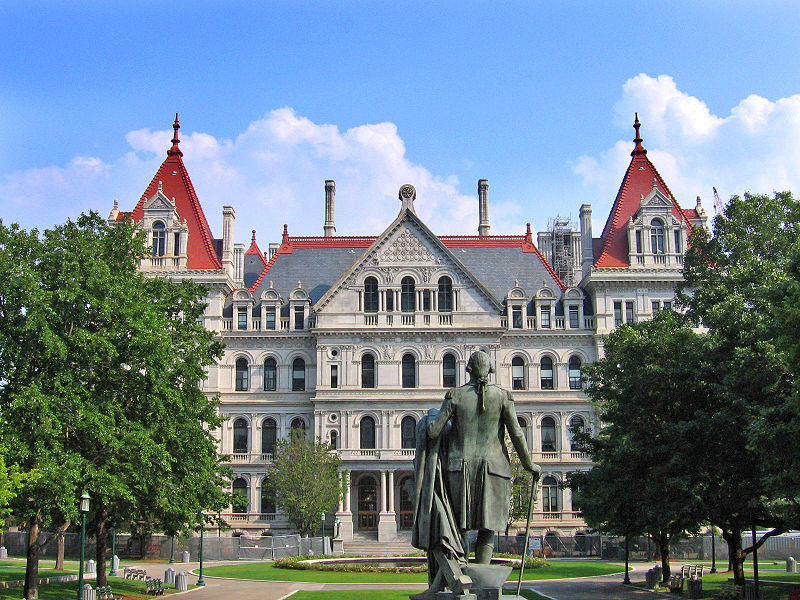
As of March 5, Ballotpedia has tracked 128 election-related bills in the New York State Assembly since the beginning of the year. Of the 128, Ballotpedia tracked six from Feb. 27 to March 5. Democrats sponsored five, while Republicans sponsored one. The six bills are: NY A00479: Establishes a ranked choice voting method for nonpartisan…
-
Election legislation roundup: New York State Assembly

As of Feb. 26, Ballotpedia has tracked 122 election-related bills in the New York State Assembly since the beginning of the year. Of the 122, Ballotpedia tracked four from Feb. 20-26. Democrats sponsored the four bills. The four bills are: NY A04653: Permits New York city voters to sign designating petitions for multiple candidates for…
-
Election legislation roundup: New Jersey General Assembly
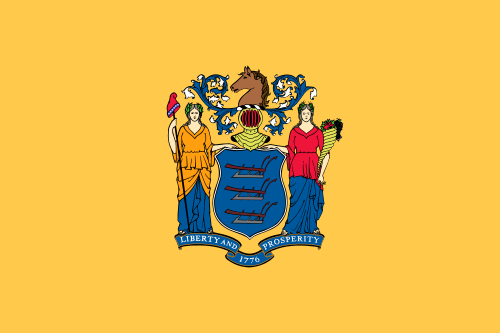
As of Feb. 26, Ballotpedia has tracked 97 election-related bills in the New Jersey General Assembly since the beginning of the year. Of the 97, Ballotpedia tracked one from Feb. 20-26. Democrats sponsored the bill. The bill is: NJ A5175: Changes certain General Election deadlines, Assembly Members Angela McKnight (D) and Anthony Verrelli (D). During…
-
Election legislation roundup: Iowa House of Representatives
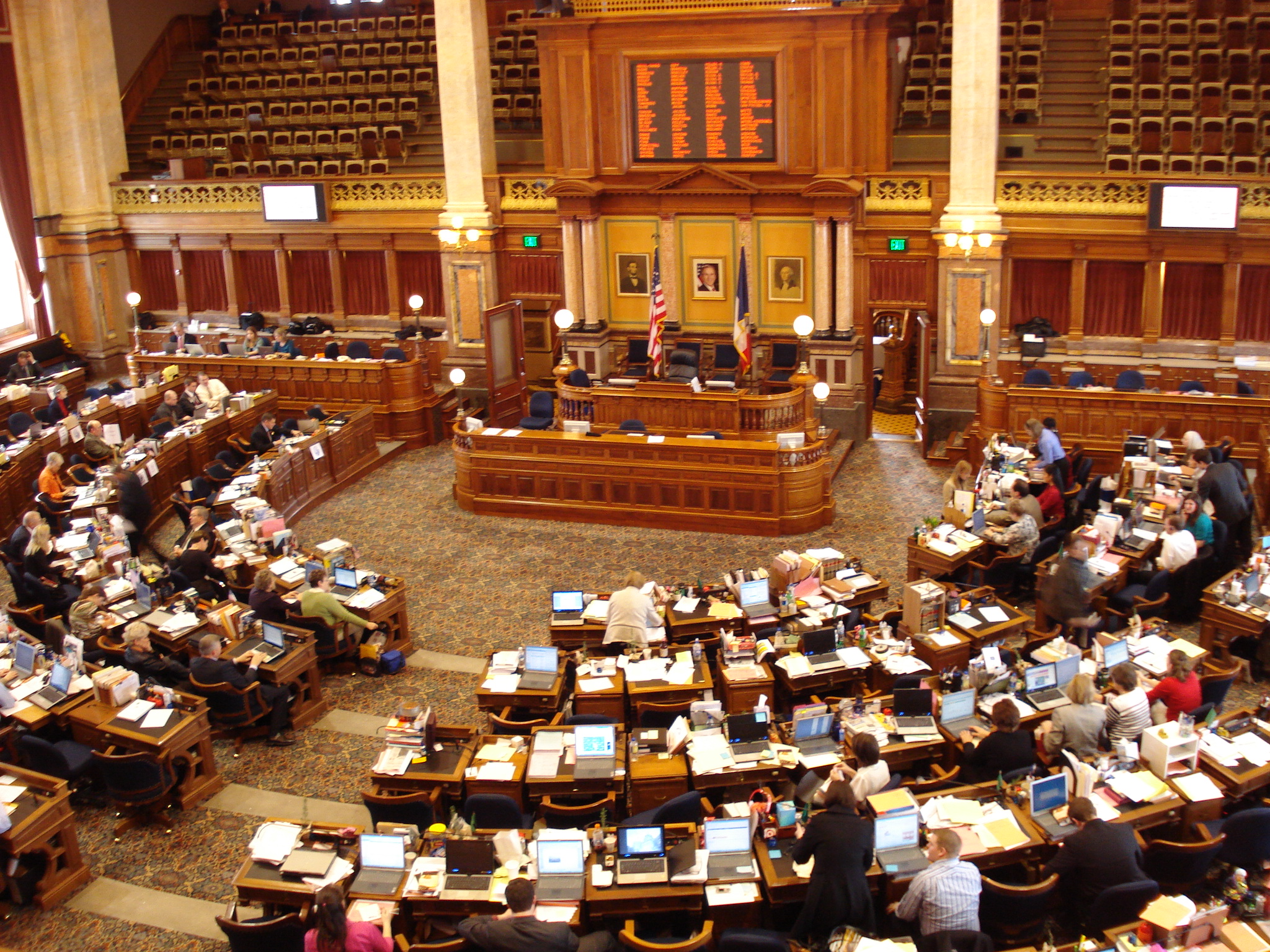
As of Feb. 26, Ballotpedia has tracked one election-related bill in the Iowa House of Representatives since the beginning of the year. Republicans sponsored the bill. The bill is: IA HF356: A bill for an act relating to the conduct of elections, including provisions related to absentee ballots, recounts, and contested gubernatorial elections and impeachments,…
-
Election legislation roundup: Kentucky House of Representatives

As of Feb. 26, Ballotpedia has tracked five election-related bills in the Kentucky House of Representatives since the beginning of the year. Of the five, Ballotpedia tracked one from Feb. 20-26. Republicans sponsored the bill. The bill is: KY HB501: AN ACT relating to elections, Rep. Richard Heath (R). As introduced, this bill adds gender…

